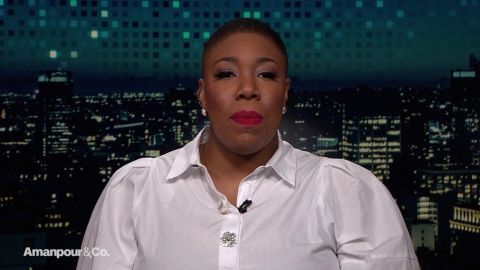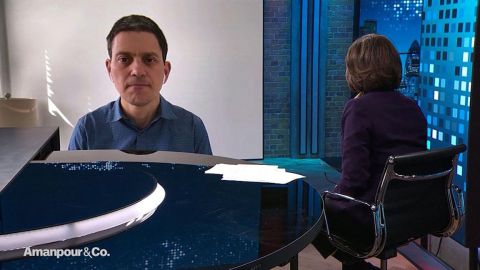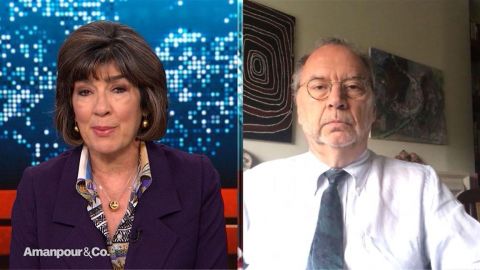Read Transcript EXPAND
CHRISTIANE AMANPOUR: So, you, your school and the Imperial College co-authored a very, very dire projection, that was apparently given to the White House last weekend, given to the CDC, shared with the British government and around. And you had worst and not worst-case scenarios. But either way, they talked about hundreds of thousands of deaths in a country the size of the U.K. and perhaps a million or more in a country the size of the United States. Can you walk us through why that modeling makes sense?
DR. PETER PIOT, DIRECTOR, LONDON SCHOOL OF HYGIENE AND TROPICAL MEDICINES: Yes. The policies here in the U.K. are firmly ground in scientific evidence. The problem is that there’s so many uncertainties coming to COVID-19 because we have never been confronted with it. But therefore, modeling, mathematical modeling, is very important element of policy decisions. And indeed, as you say, at Imperial College and then other (INAUDIBLE), we work very well together, together with some others in the U.K., and that’s one element. And what we’re doing is to try to see what’s the likely trajectory. And here, we are basing ourselves on, you know, what’s been going in China and elsewhere. What’s the trajectory? What may work? What doesn’t work? And the conclusion of the more recent modeling was that we have to intensify the efforts, otherwise, the virus will spread much faster than we had anticipated originally. And so, there’s nothing really new in the policies. Some people said it was a U-turn in the — by the U.K. government, that’s not totally the case. It’s really part of a continuing. You start with isolating people who — you know, who are ill and who have the infection. You look at all the contacts, you know, and you also isolate them. And then you make sure that people wash their hands and there’s some public education. Now, we have what we call social distancing, which means really limiting interaction among — between people. I hope it doesn’t mean reducing solidarity because lots of people are going to be very lonely at home and I’m thinking particularly of elderly and so on. So, we need to take care of them as well. But so, once you limit the, you know, intimate or short distance contact between people, the virus will be less chance of jumping from one person to the other.
About This Episode EXPAND
Dr. Peter Piot, one of the scientists spearheading efforts to combat COVID-19, shares his knowledge of the virus. Symone Sanders explains how the pandemic is affecting Vice President Joe Biden’s presidential campaign. David Miliband, CEO of the International Rescue Committee, discusses how COVID-19 will affect the world’s refugees.
LEARN MORE


